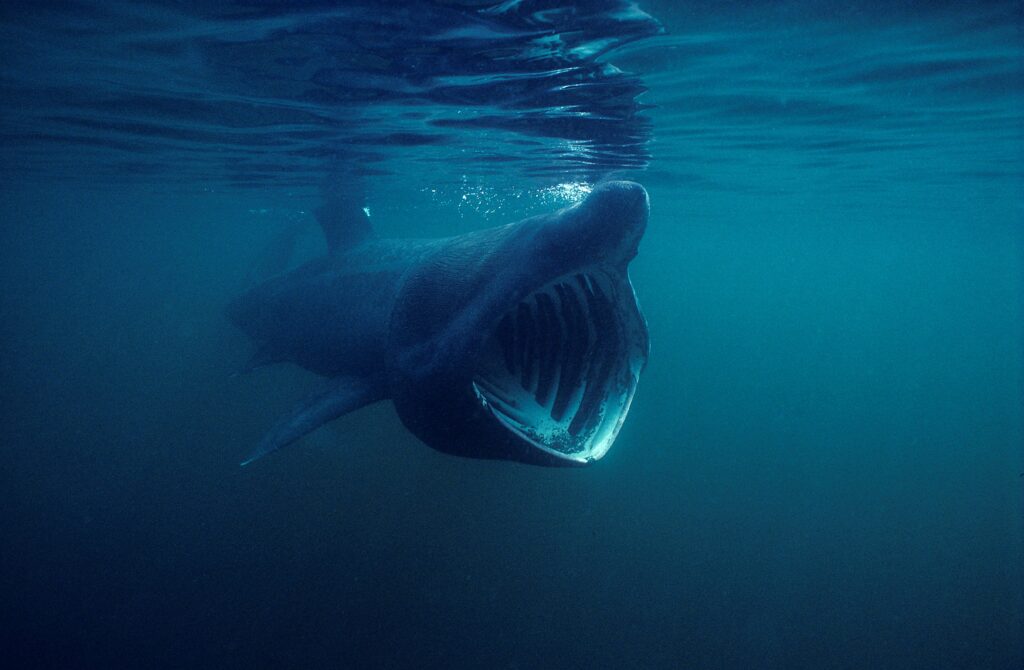Large marine animals such as sharks and whales have huge ecological, social, economic, and cultural importance, but are under great threat from collisions with ships.

Copyright: Jeremy Stafford-Deitsch
In a recent article published in the journal Nature, experts from the Marine Biological Association (MBA) and University of Southampton (UoS) warn that coordinated action is needed to protect these ocean giants.
With more than 100,000 ships in the world’s merchant fleet last year, shipping routes used to transport goods around the world are fast becoming dangerous areas in the ocean for wildlife.
Despite impacting over 75 species and potentially driving the population decline of many of the ocean’s most charismatic animals, collisions between wildlife and ships are difficult to detect or monitor. Researchers say that much could be done to reduce the risks.
PhD student Freya Womersley, who has worked on quantifying shipping impacts on the world’s largest fish, said:
“These animals have shared the oceans with us for hundreds of thousands of years and shipping traffic will continue to increase in years to come. That’s why it’s critical to develop solutions to protect ocean giants now, while not impeding global trade and commerce – a difficult balance to strike.”
Scientists have been warning of the impacts of global shipping on whales for nearly two decades, but the authors say that for other animals, ship strikes may be a silent killer.
Records of collisions with animals which sink when dead, may only represent the ‘tip of the iceberg’ when it comes to understanding current and future harms of the shipping industry to marine biodiversity.
The researchers say four steps are now essential to protect ocean giants from future collisions. Pinpointing high risk areas, improved public and industry engagement, and developing and monitoring targeted policies will help protect these important marine species from future collisions.
Postdoctoral Research Assistant Dr Alexandra Loveridge, who specialises in the spatial dynamics of maritime vessel activity said:
“Shipping companies have a unique opportunity to be global leaders in navigating towards a safer ocean for wildlife.”
To support international conservation goals, such as the UN’s Kunming-Montreal Global Biodiversity Framework, science, industry, and policy need to come together with a unified approach to address the problem of ship strikes.
The team concludes that the tools to reduce lethal strikes are already available to help conserve the world’s most vulnerable and iconic marine species.
Senior Research Fellow Professor David Sims said: “Ships and wildlife can co-exist if steps are taken now to reduce collisions; but without a globally coordinated effort the numbers of many ocean giants will continue to decline”.
Read the full article here: https://www.nature.com/articles/d41586-023-02729-9